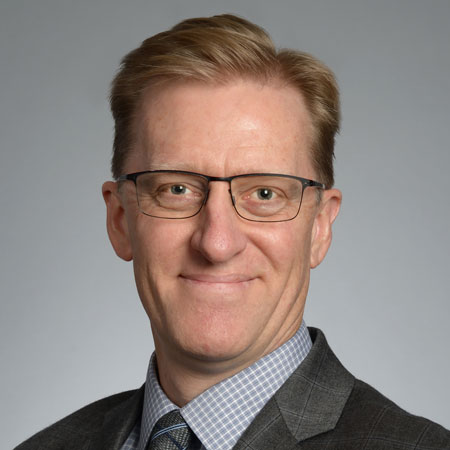News & Announcements
The Next 20 Years
Oct. 6, 2020
If there were ever any doubt just how indispensable a role health professionals play, the COVID-19 pandemic has wiped it away. Health professionals hold the future of the nation and world in their hands. The MU School of Health Professions is preparing for that future while shaping it into a healthier one for individuals and communities.
“We’ve been through a few epidemics in recent history, but this is the one that’s struck the hardest,” says Dean Kristofer Hagglund. “I believe that the school is poised to make advances in public health, and I would not be surprised at all to see public health become one of our major focus areas.”
What the pandemic will not change are the school’s fundamental missions of teaching, research and health care. It’s a charge that extends the school’s impact far from the MU campus. “We have graduates teaching and conducting research at other universities, working for the Centers for Disease Control and Prevention, and providing care in every state,” Hagglund says. “They are not only responding to this pandemic but also looking to the future, questioning how we can do this better the next time.”
Mizzou’s land-grant status is as much a part of the school’s heritage as its future. “We value giving access to as many students as possible,” Hagglund says. “Our efforts are to produce graduates who reflect the communities they serve,” including diversity of gender, economic status and geography, seeking students from rural as well as urban areas. Historically, the demand for the school’s graduates has been extremely strong, with 100 percent of those earning professional degrees finding employment in their field. The school’s service projects also reflect its land-grant status. Student interns work in a variety of community programs, providing supervised health care and support through local public health agencies and clinics.
In the next few years, research the school conducts on population health will become a critical element of the NextGen Precision Health Initiative. The initiative will unify research among the University of Missouri System’s four campuses and across disciplines. Its aim is to accelerate basic research, translating it into personalized medical treatments. “At its core, precision health is about identifying opportunities to expand effective health care by looking at genetics, individual lifestyles and the environment. The School of Health Professions will contribute by generating or interpreting research that looks at wider populations, not just the health of one individual,” Hagglund says.
Even dramatic advances in treatment and prevention can only improve public health if people can understand them, access them and trust in their efficacy. “Throughout this pandemic, many of our professionals have been talking to local communities through radio and newspaper interviews,” Hagglund says. “They help people understand what’s happening right now.” This community education, based on public health principles and supported by research, counters misinformation and promotes healthy ways of coping with the stresses of the pandemic. When a vaccine is developed, community education combined with population research will be key to its successful deployment.
Collaboration is as essential to patient care as it is to research. In fact, interprofessional collaboration is required by almost every health profession accrediting body. School of Health Professions education and training will remain grounded in an interdisciplinary approach, Hagglund says. Aspiring respiratory therapists will know how occupational therapists can contribute to patients’ well-being; new diagnostic medical ultrasound graduates will be familiar with public health principles. “When we can bring teams together to plan patients’ care, we lower complications, improve patients’ lives and lower the likelihood of a readmission to the hospital,” he says.
The COVID-19 pandemic has taught the world a basic principle of public health: The well-being of communities, individuals and health care workers are bound together. Although Hagglund is committed to all the school’s divisions and programs, he looks forward to raising the profile of public health. “My dream is to see our school become the School of Public Health and Health Professions.”
This story by Jack Wax, BS Ed ’73, HES ’76, MA ’87, was originally published in the Fall 2020 issue of MIZZOU alumni magazine.
Featured in this post
